What is the Average Price of a 2 Bedroom, 2 Bathroom Condo in Costa Rica?
This is a question that we get A LOT. Those of us who are used to the North American Real Estate market have been spoiled when it comes to house hunting.
Not only can you go on MLS or Zillow or one of a half dozen other sites and do a comprehensive search of an area with filters that narrow down the size, price, and features of homes in that area so you can compare... you can also find historical data on the properties themselves.
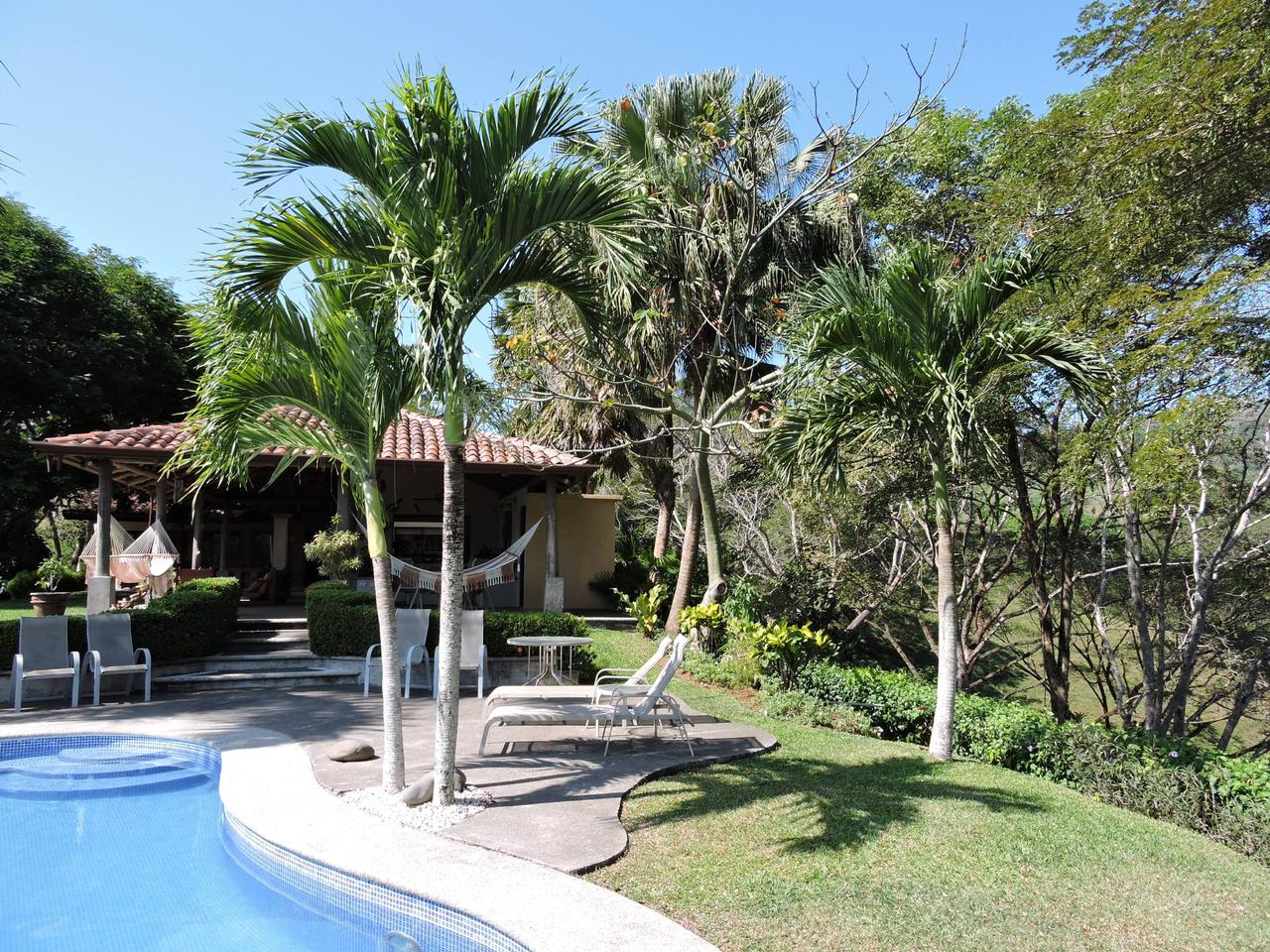
This kind of database isn't really available here in Costa Rica... at least not yet. Some realtors have taken it upon themselves to create such a database, but its a long painstaking process.
Those of you who have been doing some of your own online house hunting will be nodding your heads as you read this. Real estate isn't as regulated here (yet) so not only are old listings still posted online long after they have been sold... without the benefit of exclusive listings- some houses will appear on several different real estate sites... sometimes with different asking prices.
Knowing this, I have taken advantage of the latest AI technology to try and get a handle on what the average price of a 2 bed/2 bath home really is, focusing on some popular towns/cities.
Here is the result...
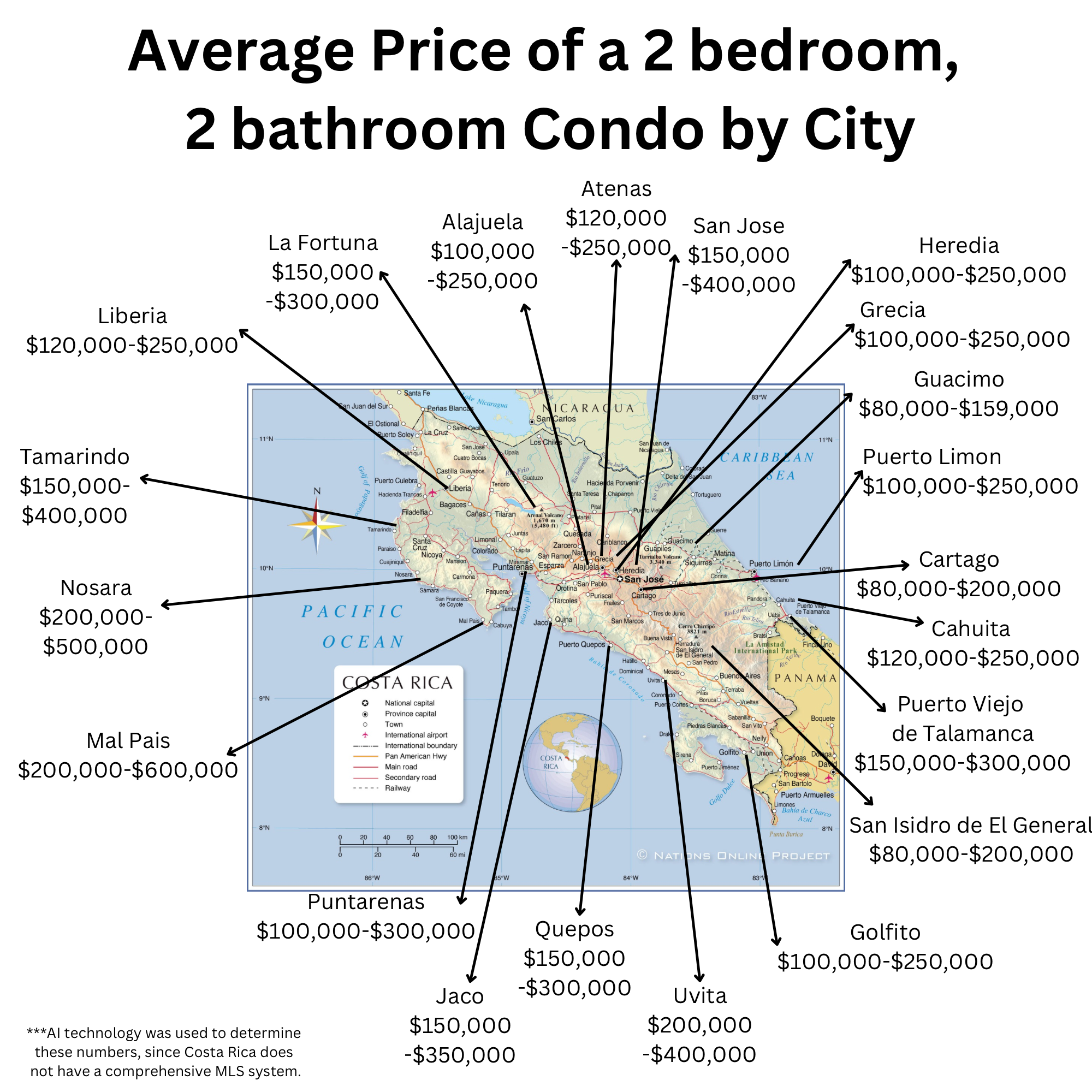
The Importance of Population Density
I do feel, however, that I should take this one step further. Why? Because you may (as we did) make the assumption that Costa Rica is made up of the cities much the same as the USA or Canada.
Did you know that in Canada, towns developed almost equidistant from each other along popular routes simply because horses pulling wagons could only travel so far during daylight hours? Rest stops grew where the travellers stopped to rest... and then entrepreneurs saw the need for hotels and saloons and supply stores... and before you knew it...it was a town!
Why does this matter? Costa Rican towns grew in much the same way except that the most common mode of transportation for much of the population (back in the day) was on foot. This has resulted in towns popping up more frequently (the distance the average person could walk in a day). Even now, many people choose to travel on foot, by bicycle, or by scooter rather than buying a car.
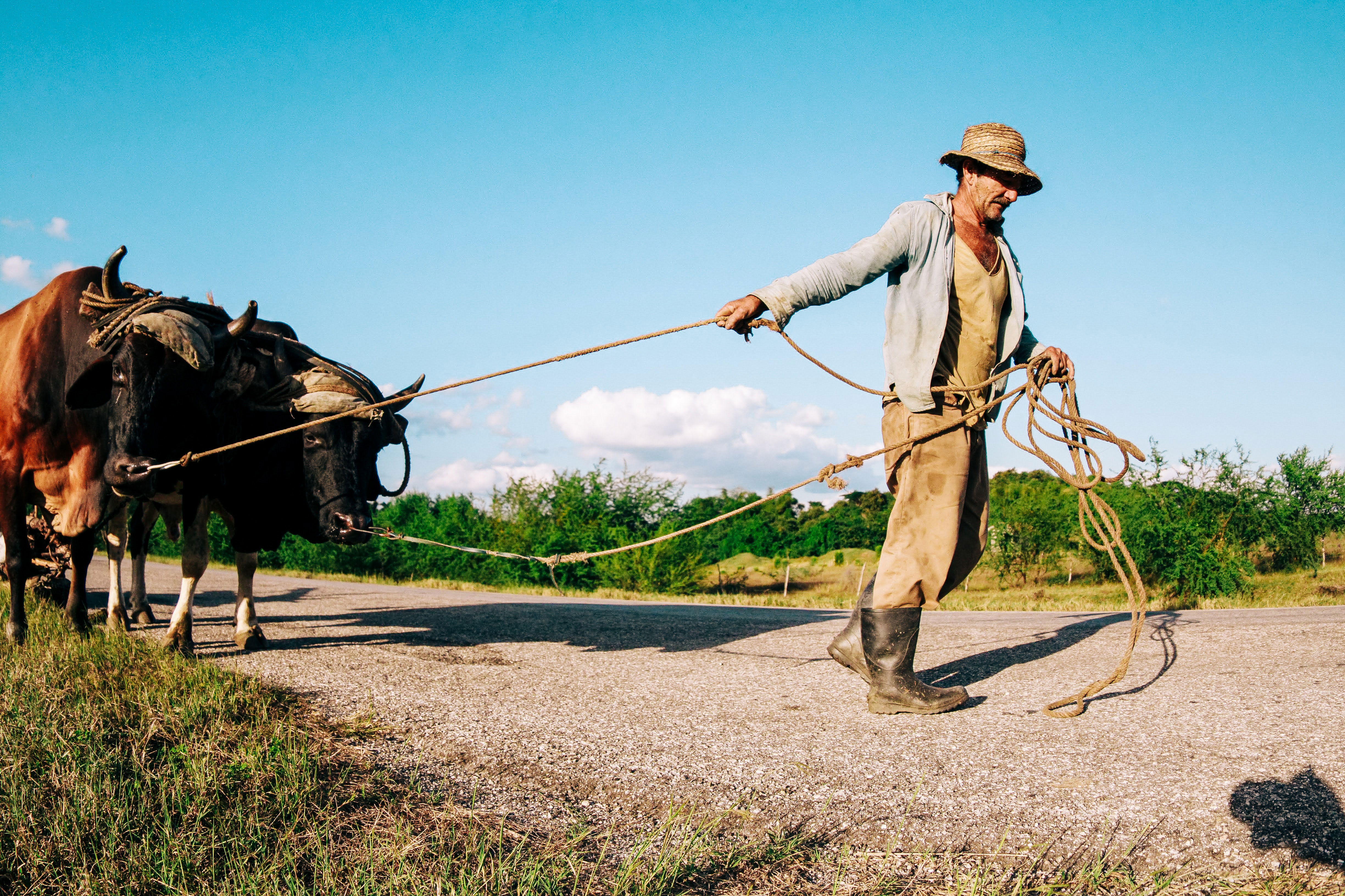
My point here is that these towns are more frequent, but they are also less densely populated... so if you're 'city folk' who may not feel stimulated in a small town, this next graphic may help you to determine where you want to narrow your search.
It's also important to keep in mind that MOST of the population is concentrated in San Jose... but that the city is actually made up of a bunch of smaller barrios which grew together and eventually conglomerated... much like the GTA is made up of Toronto, Mississauga, Etobicoke, North York, Scarborough and Brampton. If you are used to a densely populated area with lots to do and see, this may be your destination of choice.

There is one main difference, however, between small towns in Costa Rica, and in North America... and that is the public transportation. The bus system in Costa Rica is truly amazing. You can get pretty much ANYWHERE by bus, and the cost is nominal, and this is one of the main reasons that some choose not to purchase a vehicle.
So... moving on... I created a second graphic to give you an idea of the population of the towns listed above. Keep in mind that small towns will have fewer options when it comes to housing. Also, towns that are not "touristy" will have fewer condo-style gated communities (if any), so some of the homes you will find may be what's called a "Tico-style home."
What is a Tico-style Home?
Traditional Costa Rican homes were build in wood with open-air designs that allowed the breezes to naturally cool the home and outdoor kitchens (wood-burning 'stoves') to keep the heat of cooking out of the house.
Thanks to the mountainous terrain in many areas, water is often in the form of a well or is stored in a large cistern and piped into the house using a gravity-fed system. It is seldom heated in older homes because- well- who needs hot water when its 85 degrees outside?
These days, most homes are built using cement or plastered cinder block and rebar in a similar design with unpanned windows that use decorative wrought iron grates to keep the wildlife out, but allow the breeze in.
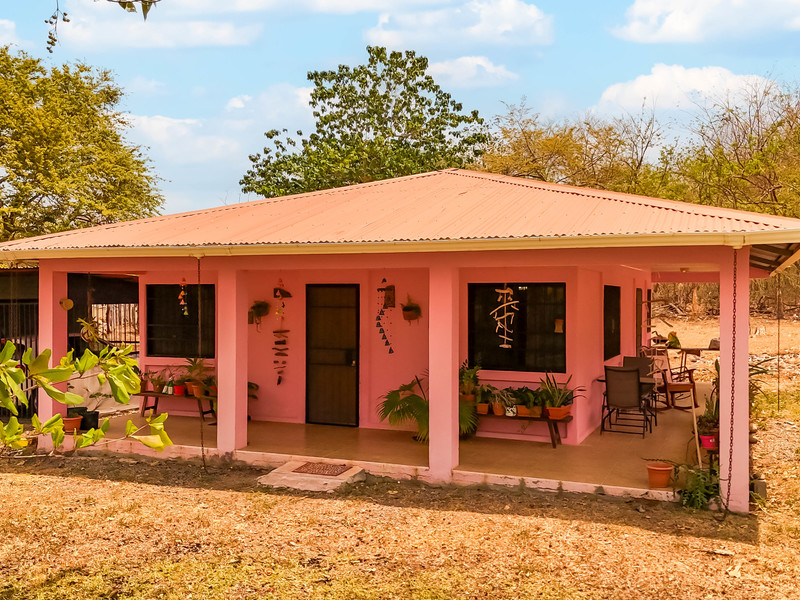
They tend to be small with low gabled ceilings with ceiling fans and deep porches. A true Costa Rican lifestyle tends to involve a lot of time outdoors on the porch, so the homes are practical and minimalistic with white plaster walls and dark natural wood ceilings, doors and cupboards, and tile floors and countertops.
If you have ever gone camping in a park that offers rustic cabins, that might be the closest thing to a 'tico-home' that you will find in most North American towns.
They are quaint, cozy and generally much cooler than other homes thanks to the porches, the outdoor kitchens, and the fact that they are designed to pick up the prevailing breeze.
The Bottom Line
Compared to the cost of housing in many North American markets, Costa Rican properties are extremely reasonable, so no matter where you decide to settle, I'm sure you will find your perfect slice of paradise.
Making the move, or even buying a property as an investment, can be an amazing and fulfilling endeavor... as long as you do enough research to understand the differences between what is here and what is "back home."

This is a different country, with different habits, and a unique culture. Those who buy here, and aren't satisfied, tend to be those who had unrealistic expectations.
This isn't Florida. While you can find beautiful and modern condos on the beach with restaurants and shopping nearby... most of these areas are still in or surrounded by small towns... not in big urban centers with malls and museums.
You can find everything you need here, but some of it will require the occasional trip into the city, so take the time to really think about the type of lifestyle you are dreaming of and do your research before you fall in love with a certain property.
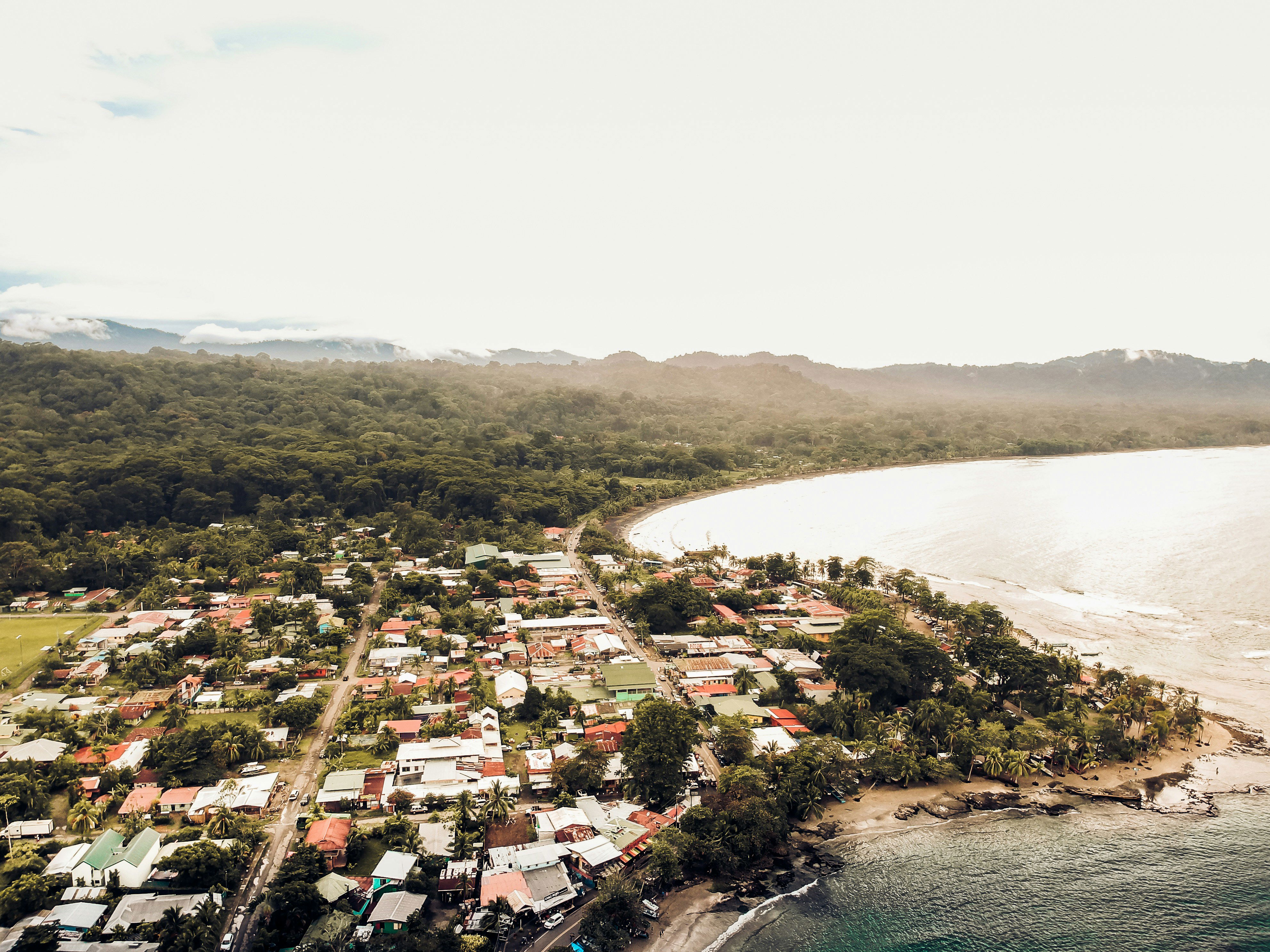
Ask questions. Check out the weather patterns for each area. Look at the terrain. There is plenty of useful information that will help both here in my blog, and on the FAQ page... and we are happy to be another helpful resource.
In the meantime, happy hunting, and pura vida!
